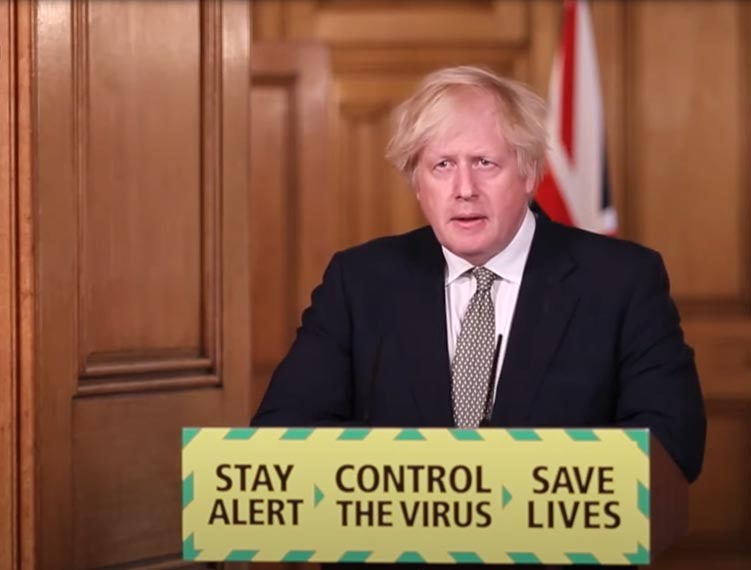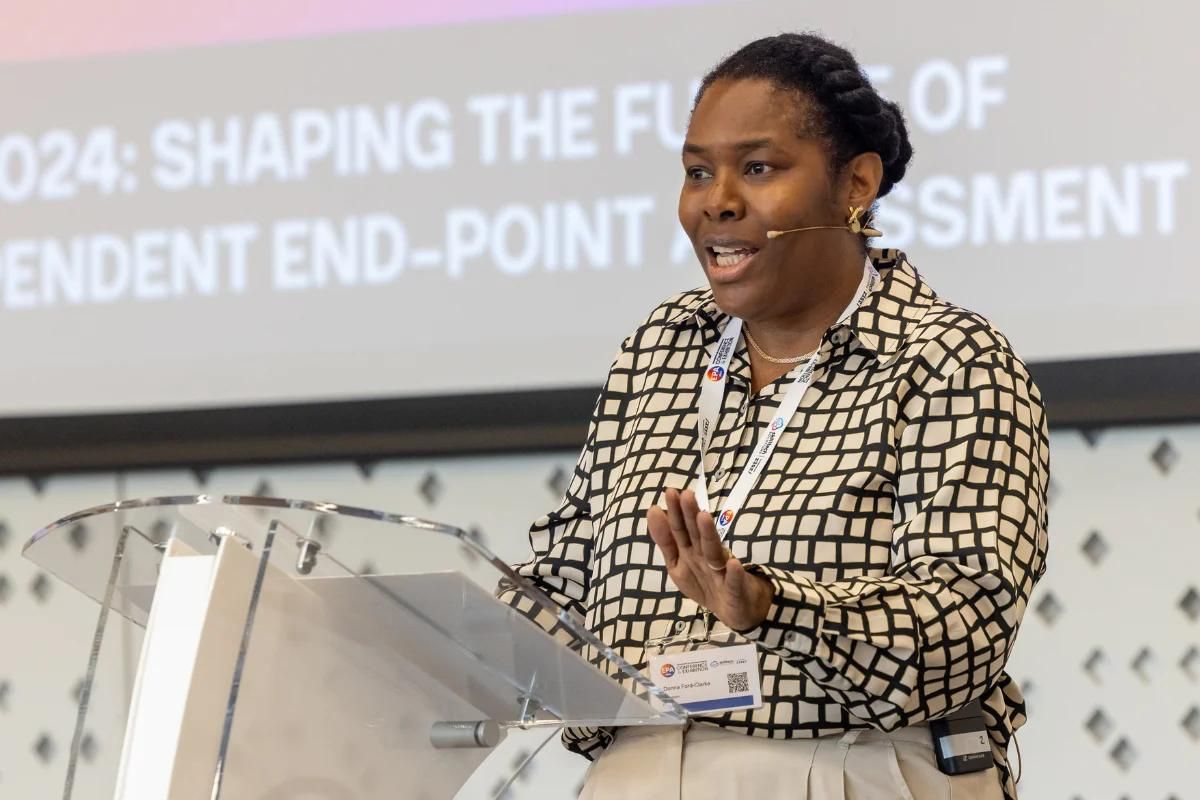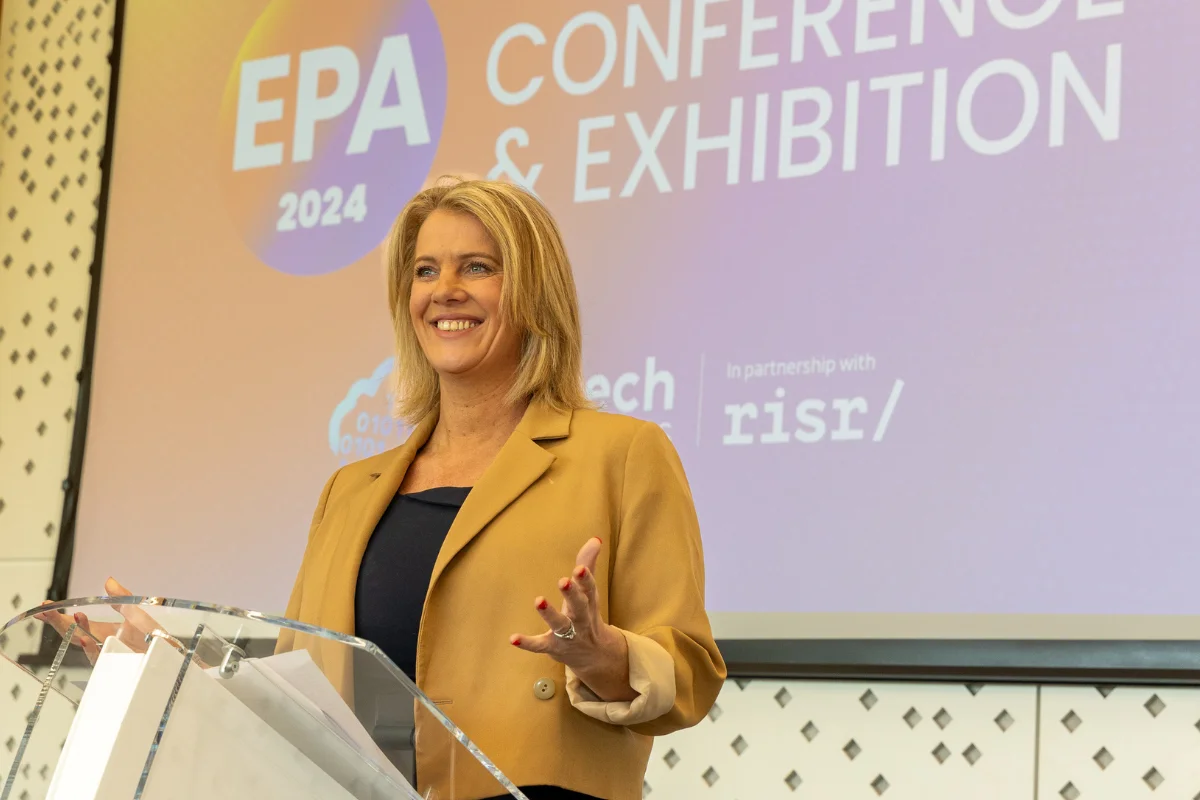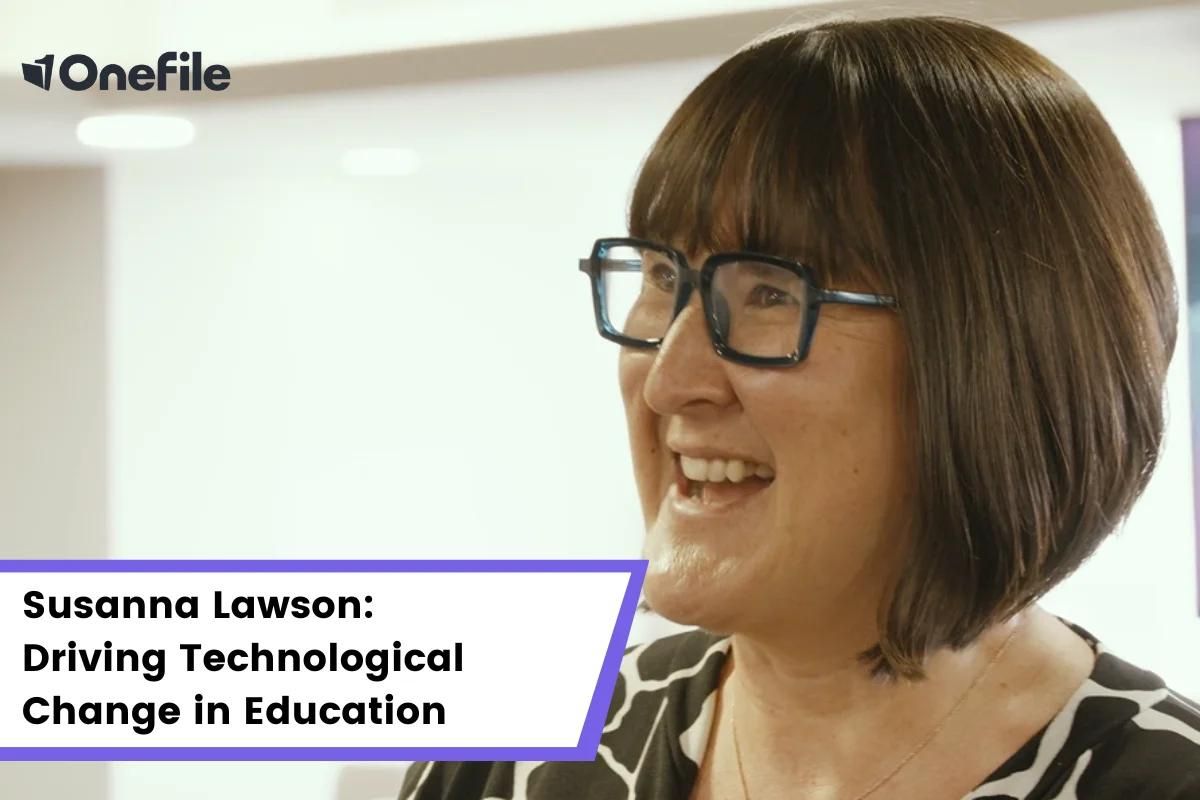Prime Minister Boris Johnson gives an update on progress against each of the five tests

@BorisJohnson’s press conference statement on the five tests:
https://www.youtube.com/watch?v=WblfO5bKwWY
Good evening,
Before I set out our next steps in the fight against the coronavirus, let me update you on the latest data:
- 3,918,079 tests for coronavirus have now been carried out in the UK, including 119,587 tests carried out yesterday;
- 269,127 people have tested positive, that’s an increase of 1,887 cases since yesterday;
- 8,560 people are in hospital with coronavirus, down 11% from 9,607 this time last week.
- And sadly, of those tested positive for coronavirus, across all settings, 37,837 have now died. That’s an increase of 377 fatalities since yesterday and we are with their friends and family in mourning.
As you know, we have set five tests which must be met before adjusting the lockdown – as set out on the first slide.
It is vital that these tests are met before any changes are made, because we must not risk all the hard work and sacrifice of the British people.
At all times we are informed by the data and evidence, about the spread of the virus and the impact of the measures taken so far.
I will now take you through our latest assessment of progress against each of the five tests.
Our first test is to protect the NHS’s ability to cope, so that we are confident that we are able to provide sufficient critical care and specialist treatment right across the UK.
At the start of the outbreak, there was significant concern that the NHS would not be able to cope. That turned out not to be the case, thanks to the heroic efforts of everyone who works in the NHS. And the heroic efforts of the British people to contain this virus.
The data show that on 26 May, 475 people were admitted to hospital in England with coronavirus – down from a peak of 3,121 on a single day, on 2 April.
On 27 May, 11% of mechanical ventilator beds in the UK were occupied by patients with coronavirus, down from a peak of 41% on 10 April.
This significant progress means we are meeting the first test.
Our second test is to see a sustained and consistent fall in the daily death rates from COVID-19 so we are confident that we have moved beyond the peak.
As measured by a seven-day rolling average, the UK daily death rate now stands at 256, down from a peak of 943 on 14 April.
While every death is one too many, it is now the case that there has been a sustained and consistent fall in the daily death rate, and so the second test is being met.
Our third test is to receive reliable information, reliable data from SAGE showing that the rate of infection – the number of people catching Covid – is decreasing to manageable levels across the board.
And in the last seven days, an average of 2,312 new cases were confirmed with a positive test, that’s down from a peak of 5,066 in the first week of May.
Based on the various data available, the Government is satisfied that the third test is being met.
And in a moment, Sir Patrick will tell us more about other methods of measuring infections, including the R number.
Our fourth test is that we must be confident that the range of operational challenges, including on testing capacity and Personal Protective Equipment, are in hand, with supply able to meet future demand.
I fully acknowledge the difficulties on testing and PPE that we have faced since the start of the outbreak. It has been immensely frustrating, but we are now making progress.
Yesterday we carried out 119,587 tests, compared to around 12,000 at the start of April. Testing capacity has now increased to 161,214 a day.
We have now signed over 100 new deals with PPE suppliers around the world. Here in the UK, thanks to the efforts of Lord Deighton and his team and the brilliance of domestic manufacturers we have signed contracts for over two billion items of PPE, including facemasks, visors, gowns and aprons.
We are therefore satisfied that the fourth test is being met and we can start to rebuild stocks – though we recognise there may be some settings that require urgent restocking on occasion.
Our fifth and final test is that we must be confident that any adjustments to the current measures will not risk a second peak of infections that overwhelms the NHS.
I am very grateful to the Chief Scientific Adviser and the Chief Medical Officer for their assessments of the measures I am about to set out on schools, retail and social contact. Although all parts of the UK are moving in the same direction, it is important to note health is devolved and different parts of the UK are quite properly all moving at different speeds.
This package has been carefully designed so that we can ease the burdens of lockdown while expecting to keep that R below one. I cannot and will not throw away all the gains we have made together, and so the changes we are making are limited and cautious.
It is thanks to the caution we have shown so far that all five tests are being met. That is not my achievement or the government’s achievement – it is your achievement, only possible thanks to your resolve and dedication to our national purpose to overcome this virus.
So the result is we can move forward with adjusting the lockdown in England on Monday:
Firstly, as I set out on Sunday, we will now reopen schools to more children.
Closing schools has deprived children of their education, and as so often it is the most disadvantaged pupils who risk being hardest hit.
On Monday we will start to put this right – in a safe way – by reopening nurseries and other early years settings and reception, year one and year six in primary schools.
A fortnight later on 15 June, secondary schools will begin to provide some face-to-face contact time for years 10 and 12.
Secondly, we will also start to reopen shops as we restart our economy.
We will begin, on Monday, with outdoor retail and car showrooms, where social distancing is generally easier.
And a fortnight later on 15 June, we intend to reopen other non-essential retail – but only provided the five tests are still being met and shops have been made Covid secure.
Lastly, I know the toll that lockdown has taken on families and friends who have been unable to see each other.
So from Monday we will allow up to six people to meet outside – provided those from different households continue strictly to observe social distancing rules by staying two metres apart.
At the moment, as you know, people can meet in parks but not in private gardens. This was a cautious first step – but we know that there is no difference in the health risk. So we will now allow people to meet in gardens and other private outdoor spaces.
These changes mean friends and family can start to meet their loved ones – perhaps seeing both parents at once, or both grandparents at once. I know that for many this will be a long-awaited and joyful moment.
But I must stress that to control the virus, everyone needs to stay alert, act responsibly, strictly observe social distancing rules, and stay two metres apart from those who you do not live with.
Minimising contact with others is still the best way to prevent transmission. You should also try to avoid seeing people from too many households in quick succession – so that we can avoid the risk of quick transmission from lots of different families and continue to control the virus.
And it remains the case that people should not be inside the homes of their friends and families, unless it is to access the garden.
Those who have been asked to shield themselves should continue to do so.
I should add that, at this stage, I am afraid that those who have been asked to shield themselves should continue to do so.
I want to say to those extremely clinically vulnerable people who are being shielded that I do understand how difficult this has been for you, especially. And I want to thank you for all the efforts you have gone to – because your actions have helped the NHS to cope.
We are looking carefully at how we can make your life easier, and how we can better support you, and we want to say more on that soon.
I want to reassure everyone that we can make all of the changes I have outlined in a safe way.
We know that children, and particularly young children, are much less likely to be seriously affected by the virus.
We know that if shops enforce social distancing, as required by our Covid secure guidelines, then the virus is less likely to spread.
And crucially, we know that transmission of the virus is far lower outdoors, so we can confidently allow more interaction outside.
I understand people will have questions as to how to do all of this safely – and we will publish guidance on these changes to help people, to help you, make the most of them.
Now inevitably, there may still be some anomalies, or apparent inconsistencies, in these rules. And clearly what we’re proposing is still just a fraction of the social interaction each of us would normally enjoy.
I know many of you will find this frustrating – I am sorry about that. But I’m afraid it is unavoidable, given the nature of the invisible enemy we are fighting.
It is a complex problem and we are asking for everyone’s patience as we work through it together. We will inevitably not get everything right first time.
But I must ask everyone to remember it is that same patience, the hard work, and sacrifices of the British people in lockdown that have got us so far and allow us to make the progress we have.
By protecting the NHS, getting us through the peak, and getting the virus under control – we are able to deliver all of the adjustments and easing of restrictions I have set out today.
These adjustments are most of those we set out to achieve in step two of our roadmap, and we have also been able to have them in place by June 1 as we had hoped.
There is no doubt that we are making progress and I am hopeful that in the coming weeks we may be able to do more.
Because obviously while protecting the health and safety of the British public is, and must always be, our number one priority, we must also work to restart our economy and society – so as many people as possible can begin returning to their way of life.
But I want to reaffirm that fundamental commitment to the British people that all the steps we have taken, and will take, are conditional.
They are conditional on all the data, and all the scientific advice, and it is that scientific advice which will help us to judge what we are doing is safe.
And I have to warn you, there will be further local outbreaks. So we will monitor carefully, we will put on the brakes as required, and where necessary, we will re-impose measures. It’s important to be clear about that up front.
And as before, we will see how these new changes are working, and look at the R value and the number of new infections before taking any further steps, so we can ensure anything we do does not risk a second peak that could overwhelm the NHS.
And yesterday, as I hope you all know, we took a huge step forward that will enable us to keep making progress in returning our lives to as close to normal as possible, while continuing to control the virus and isolate any new outbreaks.
And that is through our new NHS Test and Trace programme in England. The Scottish Government has established Test and Protect, and Welsh and Northern Irish schemes will follow next week.
Prime Minister Boris Johnson











Responses